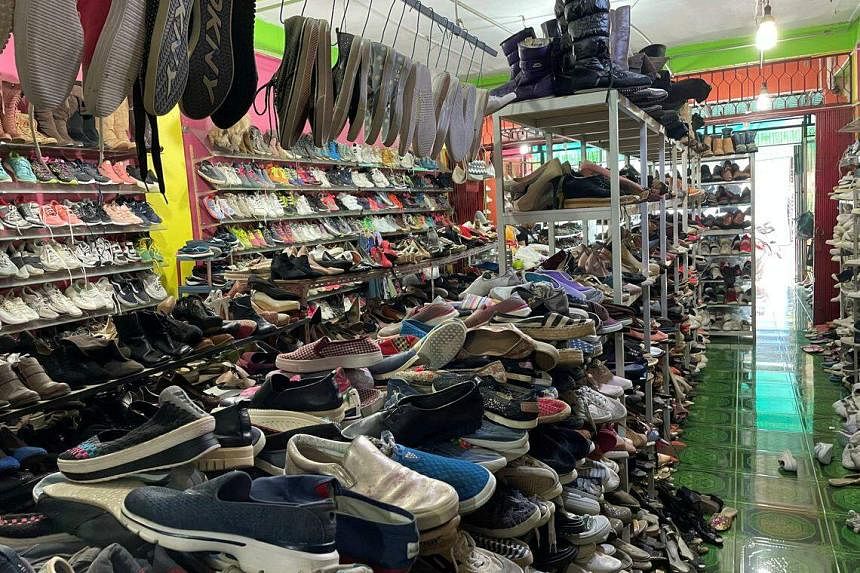I refer to the article “SportSG, partners apologise for ‘lapse’ in shoe-recycling project” (Feb 27).
Investigations showed that some shoes ended up being extracted for resale in Indonesia, which the project’s partners said was not authorised, instead of being recycled for use in building jogging tracks, fitness areas and playgrounds.
Recycling shoes into rubber for jogging tracks does not have to be “better” than reselling them.
Reselling a pair of used shoes in good condition makes better use of them than upcycling them for use as building material. Reselling old shoes is also better for the environment if you consider the resources that go into making new shoes.
The fast fashion industry is the third-largest polluter in the world, according to the World Economic Forum. The industry’s carbon emissions are more than that of the aviation and maritime industries combined, according to the United Nations.
Although reselling the shoes reduces the amount of recycled material available to make jogging tracks, such material can likely be obtained from other sources.
We should support any initiative that encourages people to buy second-hand clothing. When one maximises a shoe’s lifespan, one reduces overall resource consumption.
It is more helpful to the environment to wear one’s shoes until they cannot be used any more, and then donate them before buying a new pair. It’s better than donating one’s wearable shoes and buying a new pair.
I hope SportSG will consider working with organisations to resell wearable shoes. If this is made clear to potential donors, I’m sure people will not object. Overall, it may benefit the environment more.
Stella Chen Ming Hui

